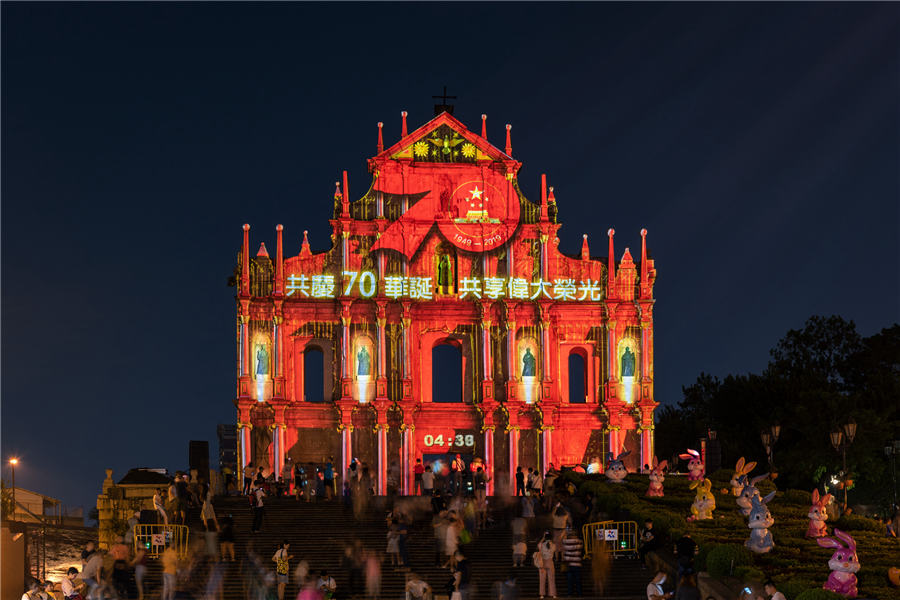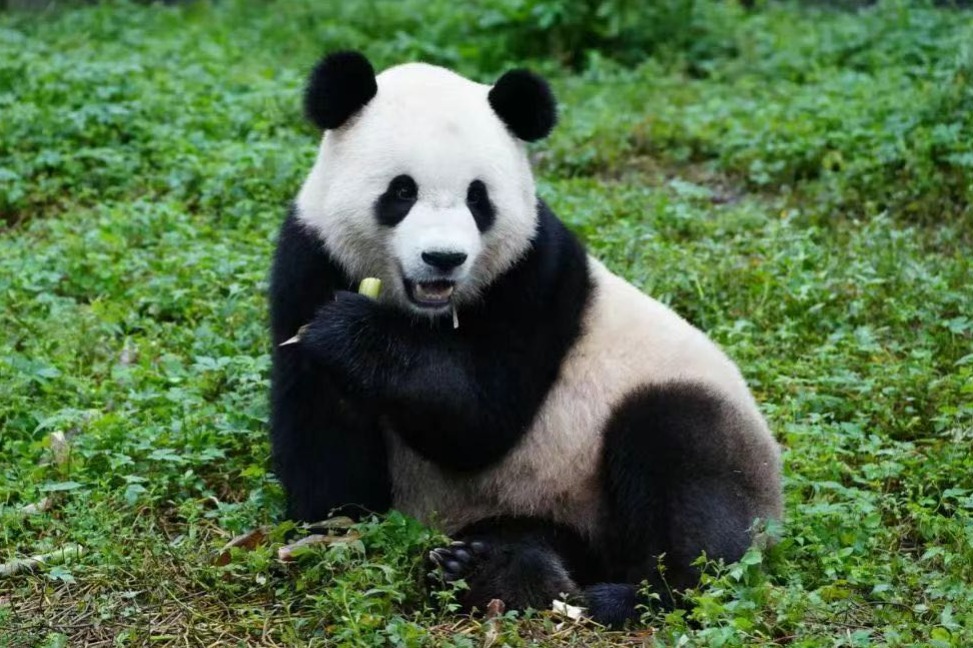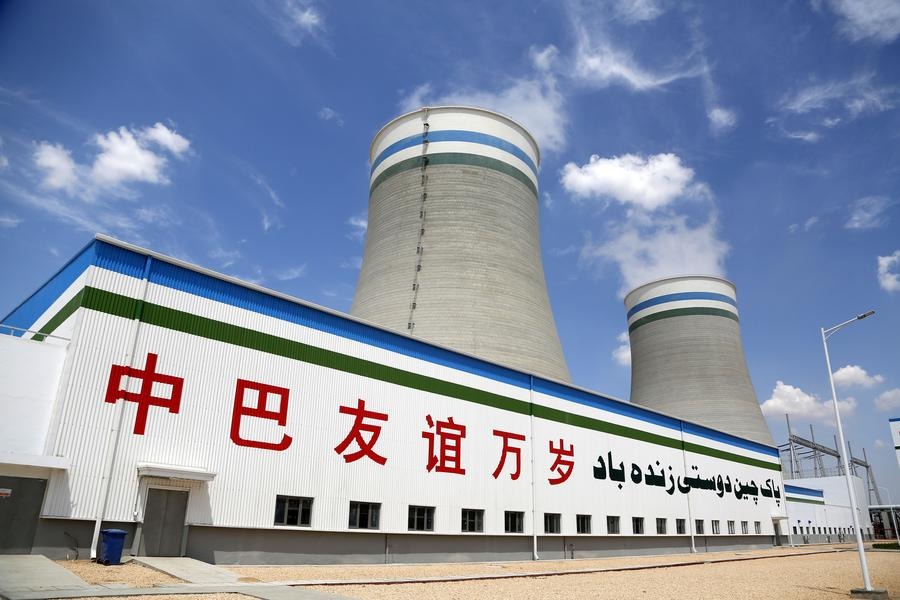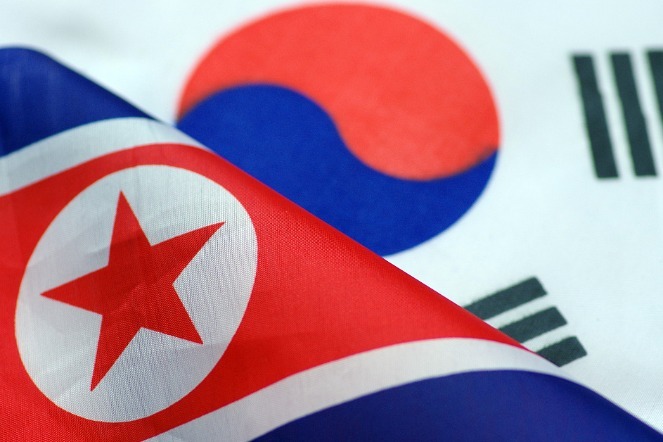What role can Macao play in the Greater Bay Area?


Macao, the last example of European colonialism in the Asia Pacific region, is celebrating the 20th anniversary of return to the motherland after over 400 years of Portuguese domination. This year's anniversary follows the celebration in 2017 for the return of Hong Kong under the sovereignty of China after a long period of time under British rule.
During the last 20 years Macao has grown impressively, last year reaching the world's third GDP per capita (over $80,000) and it is expected, according to the IMF, to reach the world's highest GDP per capita by 2020.
Macao is widely known as the Monte Carlo of the East due to an economy that relies, for about 80 percent of its government revenues, on gambling and entertainment industries that make Macao a preferred destination ahead of Las Vegas and Atlantic City.
How to help Macao to develop its economy and diversify its government revenues' stream has been discussed for a long time. The answer could come very fast since President Xi's visit during the anniversary celebration will be the opportunity to release new policies to reward Macao for being an example of integration to the motherland under the "one country, two systems" framework.
Among the policies the focus will be especially on tourism and finance. The favorable geographical location and the constant good weather can help Macao become a center to host important international meetings and events, such as Singapore does now. Furthermore, the establishment of a yuan-denominated stock exchange and of a renminbi settlement center can help Macao to evolve into a financial center especially focused on start-ups and companies from Portuguese-speaking countries.
Macao also represents an important part of a project called the Greater Bay Area that the Chinese government unveiled back in 2011, aiming to develop the region into a role model of high-quality development directly competing with similar innovative hubs in San Francisco, New York City and Tokyo. The GBA consists of two Special Administrative Regions - Macao and Hong Kong - and 9 cities in South China's Guangdong province, Guangzhou, Shenzhen, Foshan, Dongguan, Zhaoqing, Jiangmen, Zhongshan, Zhuhai and Huizhou.
The GBA project received an important boost in October of last year when Chinese officials celebrated the opening of the Hong Kong-Macau-Zhuhai Bridge, a $20 billion project that has become the latest and greatest emblem of this plan.
The plan covers the period until the year 2022 for the medium term and to the year 2035 for the long term. By 2022, it is expected to have formed an international first-class bay area and a world-class city cluster that is vibrant and highly innovative. By 2035, the bay area should have reached the status of an economic system and a development supported by innovation, by a stronger economy and tech ecosystem and characterized by international competitiveness and influence.
One of the most important elements of the GBA development plan is also linked to the role of Macao, as it establishes strong connection between the platform and the Belt and Road Initiative. The Development Plan of the Macao SAR, which covers the period 2016-2020, mentions the participation of Macao in the BRI and the consolidation of the platform between China and Portuguese-speaking countries and the BRI. In this regard, it is expected Macao will join the Asian Infrastructure Investment Bank very soon.
I expect that relations between Macao and Chinese mainland are going to become stronger because looking at the big picture, it is in the interest of China to develop the GBA and support the growth of the whole nation, but zooming in on it is also in the interest of Macao to develop and diversify its economy that cannot simply rely on a slowing gambling industry.
The government of the Macao Special Administrative Region (SAR) should take into account examples of other economies, that even though they relied on a single industry for its future prosperity they have started to diversify to reduce the exposure to the risk of future recessions. I refer to the sovereign wealth funds from oil-rich countries in the Middle East that are quickly moving to diversify into renewable energies. Macao has its own characteristics and strengths and most important, has the support of China to do that.
In this sense the 20th anniversary represents a golden opportunity for Macao to further improve its world-class status, become more integrated to the motherland under the "one country, two systems" and turn into an engine for the development of the GBA mega project.
The author is a finance professional at ICBC in Beijing and a member of the China Task Force at the Italian Ministry of Economic Development. The views don't necessarily represent those of China Daily.
The opinions expressed here are those of the writer and do not represent the views of China Daily and China Daily website.


































